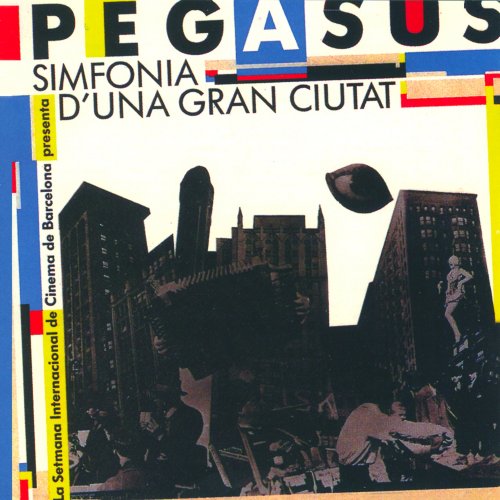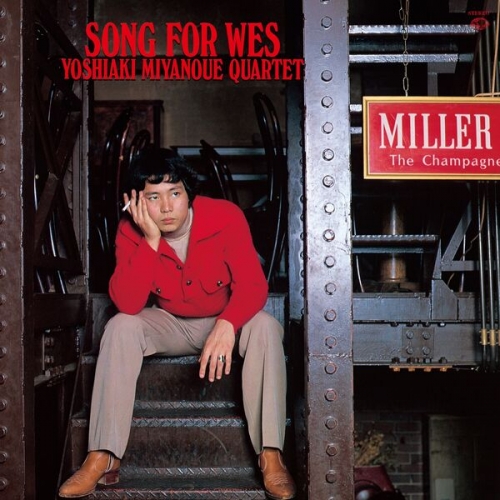Hans-Ola Ericsson - Royal Music for a Royal Instrument (2000)
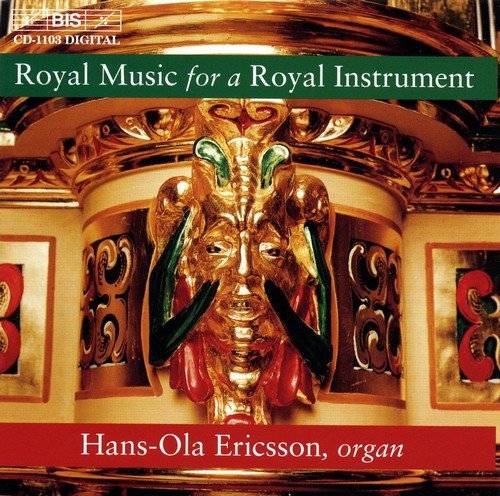
Artist: Hans-Ola Ericsson
Title: Royal Music for a Royal Instrument
Year Of Release: 2000
Label: BIS
Genre: Classical
Quality: FLAC (image+.cue,log,scans)
Total Time: 62:36
Total Size: 318 Mb
WebSite: Album Preview
Tracklist: Title: Royal Music for a Royal Instrument
Year Of Release: 2000
Label: BIS
Genre: Classical
Quality: FLAC (image+.cue,log,scans)
Total Time: 62:36
Total Size: 318 Mb
WebSite: Album Preview
Andreas Düben (ca.1597-1662)
[1] Praeludium Pedaliter
[2] Wo Gott der Herr nicht bei uns halt
Melchior Schildt (1592/93-1667)
[3]-[5] Geichwie das Feuer
[6] Paduana Lachrymae
Gustav Düben (ca.1629-1690)
[7]-[10] Suite in D minor
Andreas Düben / Martin Düben (1598/99-ca.1649)
[11]-[13] Allein Gott in der Höh se Ehr
Martin Düben
[14] Praeludium
[15]-[18] Erstanden ist der heilig Christ
Anonymous
[19]-[22] Frantzösches Liedelein Ex. G.
Johann Rudolph Radeck (ca.1610-1663)
[23] Engellischer Mascharada Ex. G.
[24]-[27] Courant.Saraband Ex. A.
Heinrich Scheidemann (ca.1596-1663)
[28]-[29] Englische Mascarada oder Judentanz
Gustav Düben (?)
[30] Nun lob, mein Seel, den Herren
Martin Düben
[31] Praeambulum Pedaliter
Performers:
Hans-Ola Ericsson
The Organ of Norrfjärden Church, Sweden
Hans-Ola Ericsson (born 1958 in Stockholm) is a Swedish organist and composer.
Ericsson's earlier works were closer in style to those of Klaus Huber or Luigi Nono, but this compositional approach became restrictive, and Ericsson went through a period of compositional silence in between 1984/85 and 1999. Ericsson's more recent music draws more freely from various styles, and concentrates, to a certain extent, on musical timbre and space, as well as referential ideas in music. For example, his work "The Four Beast' Amen", for organ and electronics, begins with the organ in dialogue with recordings of organs from Hamburg, Stade, Norden, Cappel and Lüdingworth. The style refers to older organ works, such as those of Frescobaldi or Buxtehude, but with all of the organs overlapping in such a way that everything is blurry. The second movement changes completely in style, concentrating on sounds created by the wind chest of the organ. Some of the later movements of this work focus on differences in tuning between some of the organs that we heard in the beginning.
Hans-Ola Ericsson has made numerous recordings including a highly acclaimed complete recording of Olivier Messiaen´s organ music. In 1999 the influential German magazine Die Zeit named this complete recording one of the 111 most important recordings for the next millennium (http://www.zeit.de/1999/01/111_Platten_fuer_das_naechste_Jahrtausend). Music from the 20th Century has been in focus for Ericsson’s recordings, mostly on the Scandinavian label BIS, however also recordings of organ and chamber music from the romantic and the baroque era have been very well received.
Ericsson's earlier works were closer in style to those of Klaus Huber or Luigi Nono, but this compositional approach became restrictive, and Ericsson went through a period of compositional silence in between 1984/85 and 1999. Ericsson's more recent music draws more freely from various styles, and concentrates, to a certain extent, on musical timbre and space, as well as referential ideas in music. For example, his work "The Four Beast' Amen", for organ and electronics, begins with the organ in dialogue with recordings of organs from Hamburg, Stade, Norden, Cappel and Lüdingworth. The style refers to older organ works, such as those of Frescobaldi or Buxtehude, but with all of the organs overlapping in such a way that everything is blurry. The second movement changes completely in style, concentrating on sounds created by the wind chest of the organ. Some of the later movements of this work focus on differences in tuning between some of the organs that we heard in the beginning.
Hans-Ola Ericsson has made numerous recordings including a highly acclaimed complete recording of Olivier Messiaen´s organ music. In 1999 the influential German magazine Die Zeit named this complete recording one of the 111 most important recordings for the next millennium (http://www.zeit.de/1999/01/111_Platten_fuer_das_naechste_Jahrtausend). Music from the 20th Century has been in focus for Ericsson’s recordings, mostly on the Scandinavian label BIS, however also recordings of organ and chamber music from the romantic and the baroque era have been very well received.

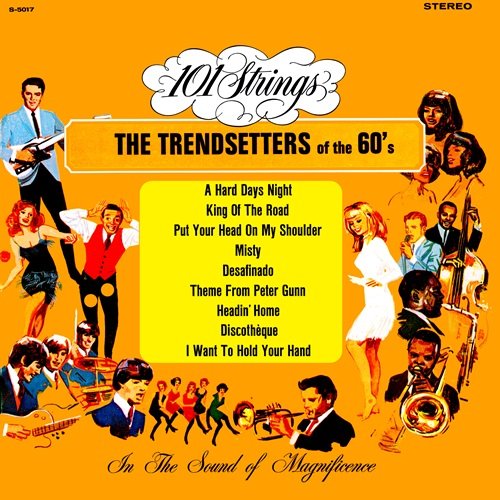
![John Ellis & Double Wide - Fireball (2026) [Hi-Res] John Ellis & Double Wide - Fireball (2026) [Hi-Res]](https://www.dibpic.com/uploads/posts/2026-01/1769024773_gle3eu5z1g2du_600.jpg)
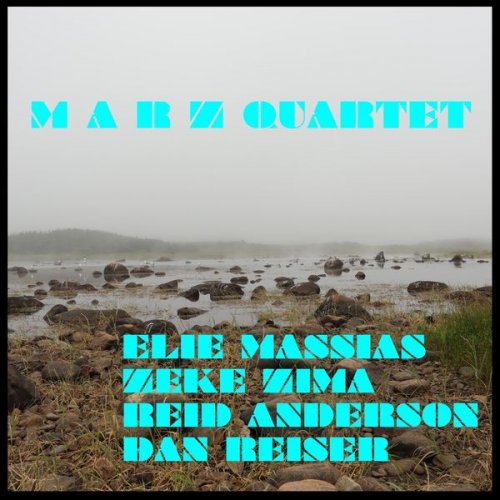
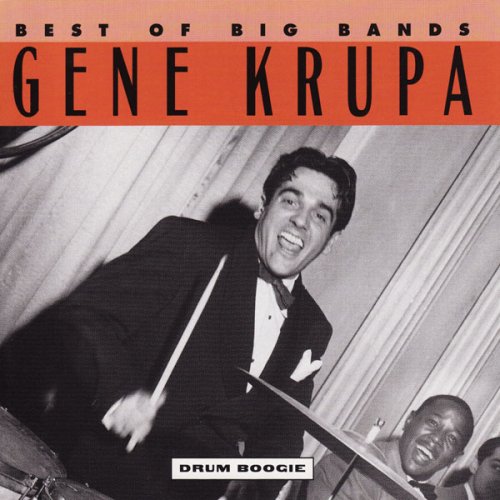

![Tuva Halse - Reconnection (2026) [Hi-Res] Tuva Halse - Reconnection (2026) [Hi-Res]](https://www.dibpic.com/uploads/posts/2026-01/1768916719_folder.jpg)
